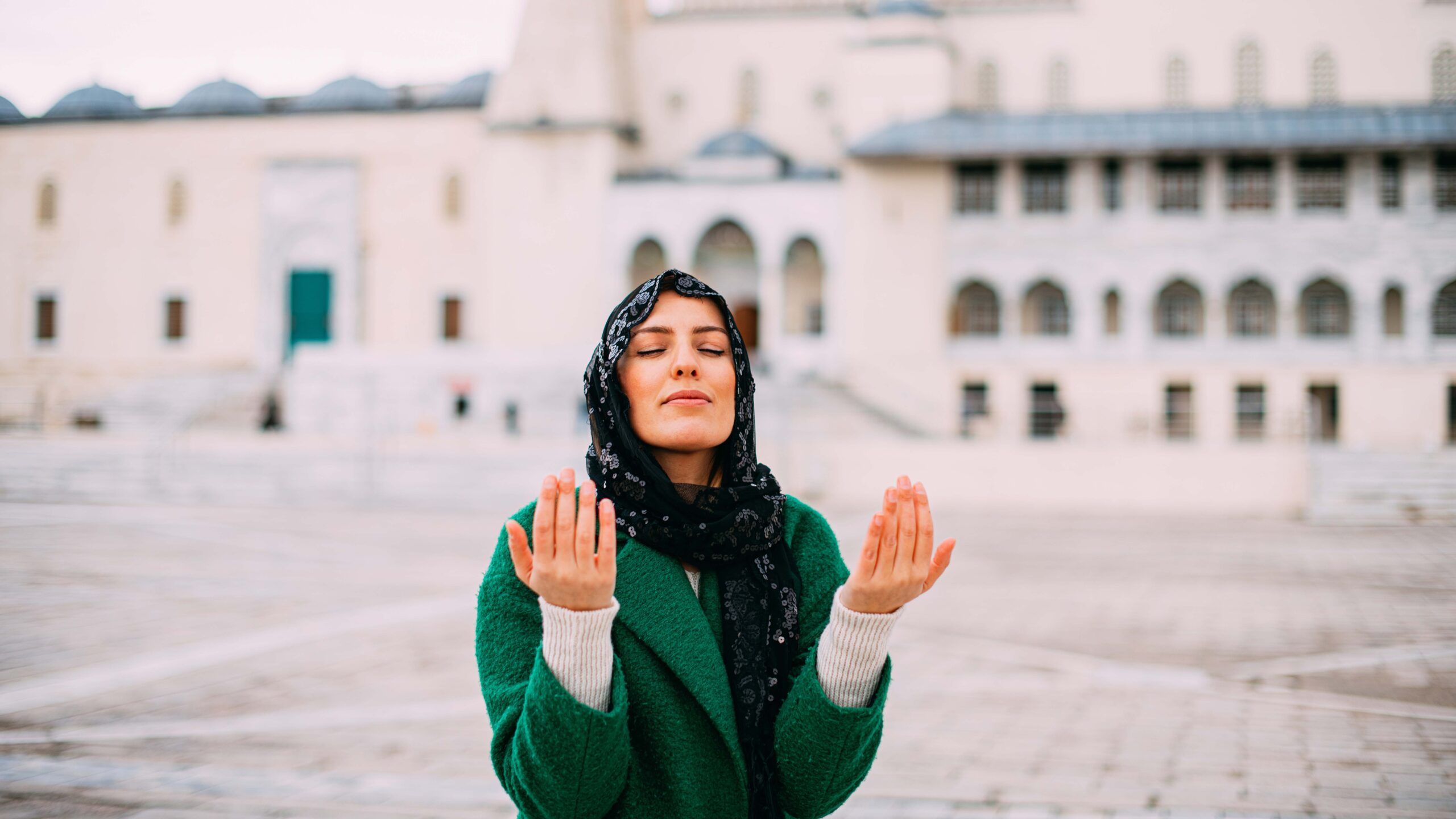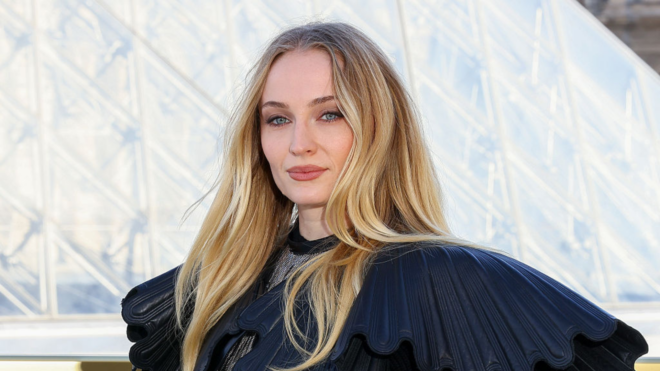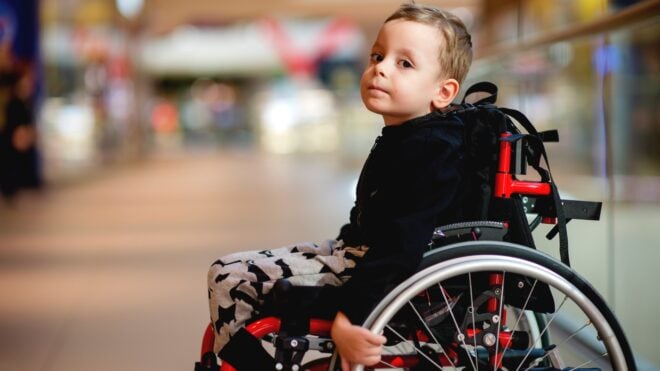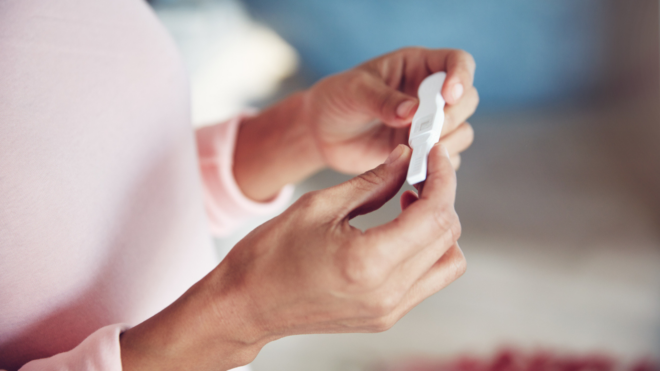
I first learned about Ramadan by accident, reading King of the Wind as a little girl. I loved horses and horse books, and King of the Wind told the story of the Goldophin Arabian, the father of all thoroughbred racehorses who was born in Morocco during Ramadan. At the time, Ramadan felt a bit confusing to me: What did fasting all day have to do with God? But I credit that book with giving me a glimpse into the lives of Muslims around the world, from Iran to Indonesia and every country in-between, one that my suburban California upbringing did not.
Ramadan, like Easter or Passover, is a springtime celebration of renewal — and the most holy of times, if you are Muslim. Here’s what the non-Muslims among us should know.
It starts with the moon
Ramadan always occurs in the ninth month of the Islamic calendar. But, like Easter and Passover, the dates of Ramadan are different each year. The first day is marked by the new crescent moon, which, this year, is expected to be on April 23.
The date is “expected” because the exact time varies, based on the hemisphere in which you reside. (In Australia, it is expected to be April 24, for example.)
How many people celebrate?
There are about 1.8 billion Muslims in the world, and this is their most sacred month.
Why is Ramadan important?
Muslims believe that in 610 AD, the Quran, the holy scripture of Islam, was revealed to the Prophet Mohammad during the ninth month of the Islamic calendar.
The Prophet reportedly said, “When the month of Ramadan starts, the gates of heaven are opened and the gates of hell are closed, and the devils are chained."
What happens during Ramadan?
This month-long celebration is marked by daily fasting and prayers, community, studying the Quran, and charity.
Why is fasting important?
The act of fasting from sun-up to sundown is supposed to bring the faithful closer to God, and also evoke empathy for those who go without — the poor and needy.
During Ramadan, Muslims will eat a hearty suhoor, a pre-dawn breakfast, to give them sustenance throughout the day, while they abstain from eating and drinking. Suhoor is followed by the early morning prayer, called the fajr. It is the first of five daily prayers. There is also another special prayer at night during Ramadan, called tarawih.
After the sun goes down, and the sunset prayer is over, Muslims break the fast with a meal called iftar. This meal is often shared with family and friends — the all-important community aspect of Ramadan.
What else happens?
Another key aspect of Ramadan is giving to charity, called zakat. Muslims are supposed to give 2.5% of their annual income to those in need, and many Muslims prefer to give during the holy month.
During this Ramadan in particular, because of the coronavirus pandemic, Muslim leaders are enouraging people to pay their zakat by donating meals or food to help those in need.
Zakat is one of the five pillars of Islam. The other four pillars are: Shahadah (the profession of faith); Salat (daily prayers); Sawm (fasting during Ramadan); and Hajj (a pilgrimage to Mecca). om
When does Ramadan end?
Ramadan ends when the next crescent moon appears — which, this year, is expected to be around May 23 or 24, depending on where in the world you are. The end of Ramadan is marked by a three-day celebration called Eid al-Fitr — the festival of breaking the fast.
How do you say 'Happy Ramadan'?
“Happy Ramadan” is fine, but in Arabic most people say either “Ramadan Mubarak,” which means “Happy Ramadan,” or “Ramadan Kareem,” which means “Have a generous Ramadan.”
How will Ramadan be different this year?
The new coronavirus pandemic has changed everything, including Ramadan. Mosques in most countries are closed, and many are expected to be closed for much if not all of the holy month. According to Al Jazeera, in Egypt, all Ramadan activities are banned; the Supreme Leader Ayatollah Ali Khamenei in Iran has advised against collective prayers; and traditional Ramadan bazaars in Malaysia, Brunei, and Singapore have been cancelled, as have iftar meals for the poor across the globe. Prayers and “shared” meals, then, will move online, and platforms like Zoom will help families and friends celebrate virtual iftars and most likely a virtual Eid.
“With the ongoing pandemic, Ramadan won’t be the same,” one Muslim graduate student in New York told Vox. “Perhaps the pandemic will bring us together in new ways we hadn’t considered before.”




